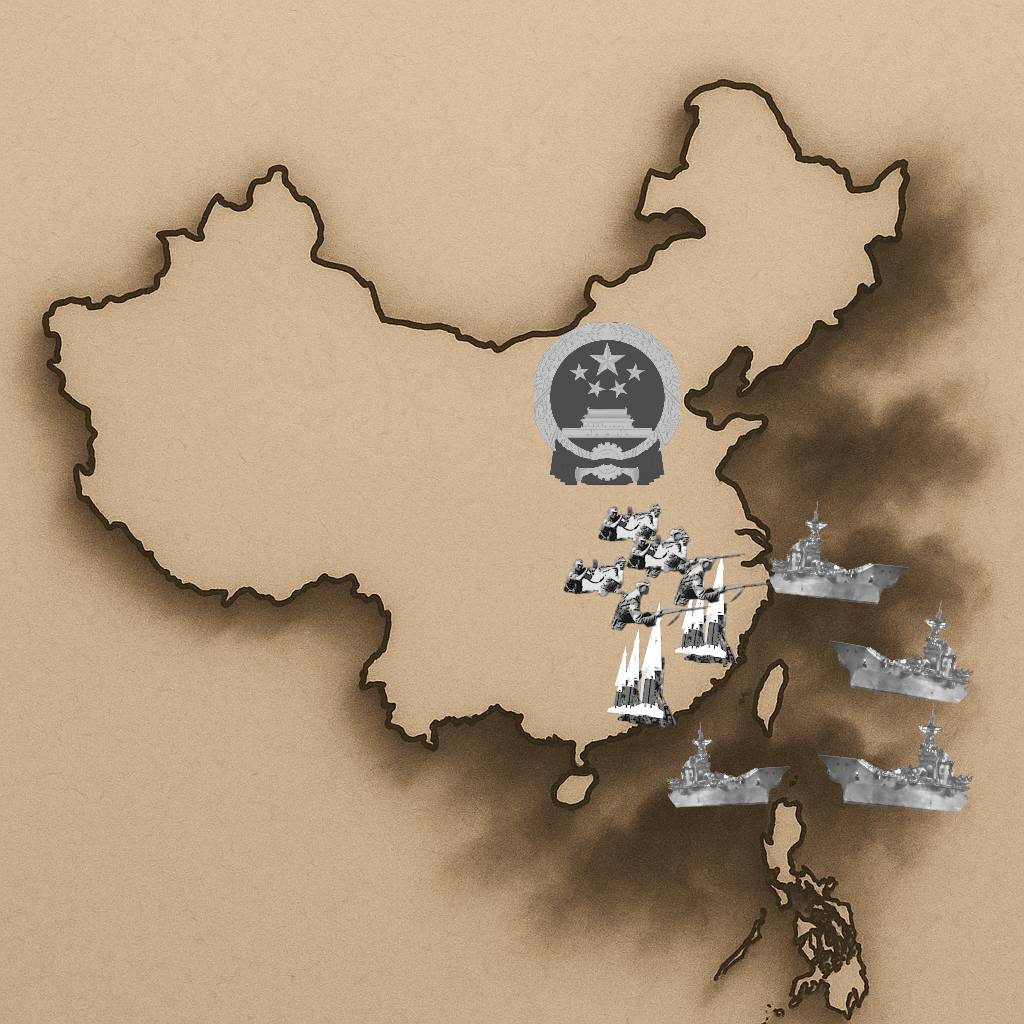Saying both sides are to blame here is like insisting that Poland provoked pre-1941 buddies Hitler and Stalin by existing.
Op-ed by Edward Lane for The Kaohsiung Times
The New York Times has recently done Beijing’s job for it, laundering Chinese Communist Party talking points and, from the look of it, their money too. In a piece that reads like it was drafted in Zhongnanhai’s propaganda department, “expert” Jennifer Kavanagh, via the Times, scolds Taiwan for being the problem in its own attempted strangulation. It’s as if a burglar smashed your windows, set fire to the curtains, and the Times arrived on the scene to ask why you hadn’t bought better locks.
The article’s sleight of hand is painfully familiar: take an aggressor, drape it in “legitimate security concerns,” and recast the victim as the provocateur. Taiwan, we’re told, should be more careful, less uppity, less democratic, less itself. Meanwhile, the hundreds of PLA jets crossing the strait’s median line, the submarine cables mysteriously “snapped” by Chinese-linked vessels and the daily disinformation barrages are all brushed aside as though it were just a misunderstanding between neighbors over loud music. It’s victim-blaming dressed up as sober analysis.
This is not journalism; it’s stenography. And if you squint hard enough, you can almost see the yuan symbols glowing between the lines. It reads less like analysis and more like the kind of ‘sponsored content’ that comes with a complimentary cultural tour of Sanya- The Hawaii of China. Personally, I prefer Green Island in Taiwan
False equivalence on steroids
The Times and Kavanagh would have you believe “both sides” are escalating. Both sides? One side is an island democracy going about its business, trading semiconductors and bubble tea with the world. The other is a Leninist dictatorship threatening invasion or blockading ports, and rattling sabers daily. Saying both sides are to blame here is like insisting that Poland provoked pre-1941 buddies Hitler and Stalin by existing.
The article falsely claims that the United States accepts Beijing’s claim that Taiwan is part of China. Nonsense. The U.S. has a “one China policy,” not the PRC’s “one China principle.” Under that policy, Washington acknowledges Beijing’s view, it does not accept or agree with it. The Communists might get away with word games at home, but we don’t drink the same Kool-Aid. Unless you happen to be at Defense Priorities, the “think tank” that seems happy to do Beijing’s bidding. This is policy by gaslighting. You don’t tell a man being mugged in the street that it’s his fault for not taking judo lessons. You rightly blame the mugger.
The American interest and why this matters
Here’s the hard reality Kavanagh dares not say: Taiwan is not just “valuable to America,” it is vital to security and prosperity. It makes the chips that power your iPhone, your F-35, and your fridge. It is a thriving democracy on the front line of authoritarian expansion. If Taiwan falls, it won’t just be Taipei that loses. It will be Washington, Canberra, Berlin, London- every capital that claims the rules-based order still matters.
Of course, isolationists will grumble about “not our problem.” But what is the cost of letting dictators run the chessboard? Ask Ukraine. Ask Poland. Ask the Baltic states. If the United States shrugs now, it will pay far more in blood and treasure later, dragged into a wider Pacific war on Beijing’s terms. You can fight them off the coast of Taiwan or fight them on the beaches of California and Tokyo. The writer wants to avoid fighting a war altogether, and that’s a noble aim we should all agree on, but this isn’t the way to do that. Historically, appeasement was used in the past. British Prime Minister Neville Chamberlain pursued a policy of it when signing the 1938 Munich Agreement, and we all know how that ended.
The Times and its apologists might be able to ignore gray zone behavior as though China’s campaign is some vague twilight activity we can shrug off. However, the rest of us don’t think cyberattacks, cable sabotage or disinformation are harmless pranks. They are acts of aggression carefully calibrated to corrode trust, sap morale and normalize coercion.
The writer paints President Lai’s defense of Taiwan’s survival as reckless provocation, for doing nothing more than defending his nation’s very existence. By the same logic, the United States should have told the Continental Congress in 1776 to pipe down and stop “antagonizing” King George. The Times ran this under the banner ‘Opinion, Guest Essay.’ But the real guest here is the ghostwriter, and its return address isn’t Washington or New York; it’s somewhere north of Shanghai.
The goal for the CCP is simple: win without fighting, conquer without conquest. Pretending otherwise is either naive or complicit. I wonder which one the Times considers itself. Taiwan is not the problem. Beijing is. Taiwan is not the aggressor. Beijing is. America’s choice is simple: defend sovereignty, democracy and the rule of law, or watch them be erased by aggressors abroad and apologists at home.
Edward Lane studied International Relations and has built a 20-year global career across Asia, Europe, and the Americas. He has spent much of the past decade in Taiwan, his adoptive home, where he lectures, consults, and leads technical projects to strengthen the island’s arts industry. He advocates passionately for Taiwan’s security and international standing and engages directly in grassroots, national, and international efforts on U.S.-Taiwan relations, collaborating with policymakers and civil society alike.



